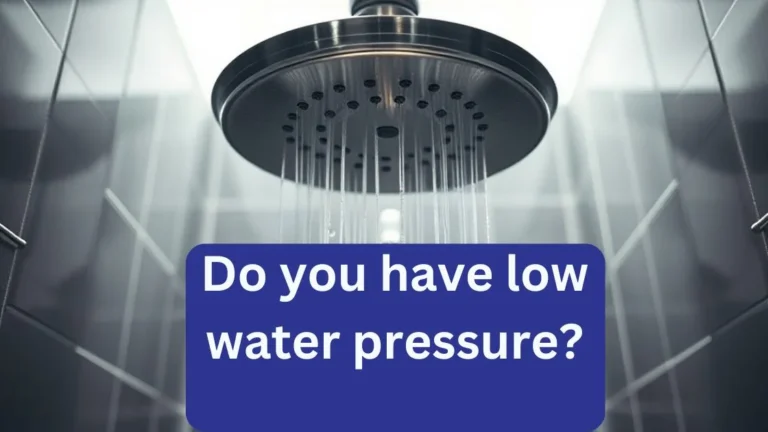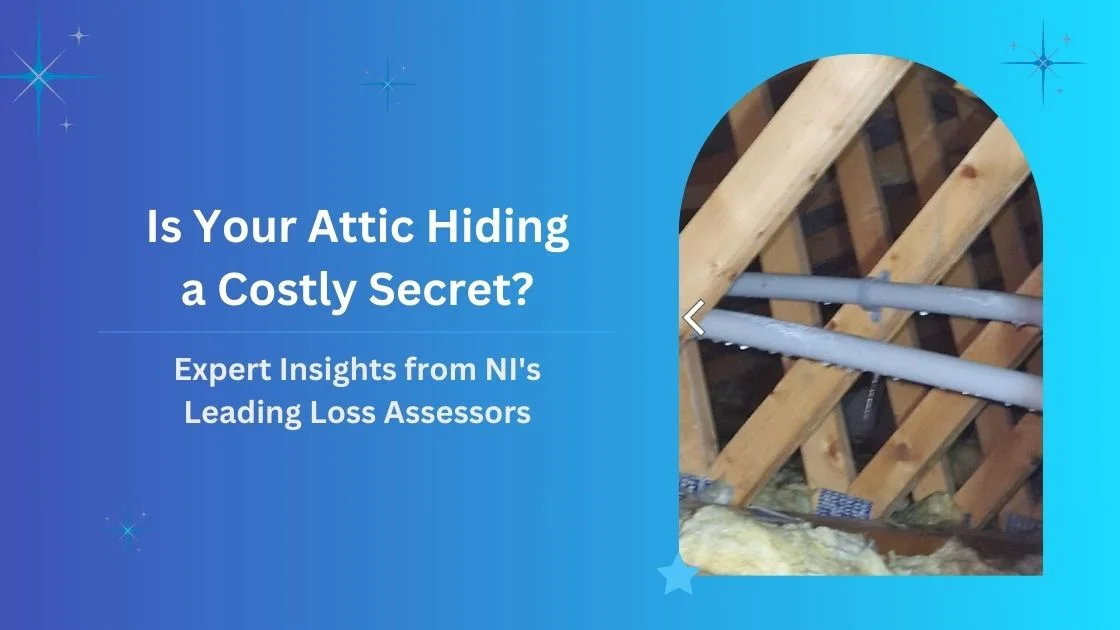Are you tired of dealing with sluggish water flow every time you turn on a tap or shower? Low water pressure can be more than just a minor irritation—it can disrupt your daily routine and hint at deeper plumbing issues.
What if you could easily identify and tackle the root causes of your low water pressure? Low water pressure is often caused by four common culprits:
- Mineral deposits accumulate in fixtures, restricting flow. Regular cleaning can help mitigate this problem.
- Malfunctioning or partially closed valves can significantly hinder water pressure, so regular inspections are essential.
- Pipe leaks divert water, leading to reduced flow and pressure, requiring prompt repairs to prevent costly damage.
- Clogged plumbing due to debris or sediment can block water flow.
Understanding these factors can help tackle low water pressure effectively, and uncovering potential solutions could lead to considerable improvements.
Mineral Deposits in Fixtures
Have you ever wondered why your shower suddenly feels more like a trickle? This common issue often stems from mineral buildup in fixtures, particularly in areas with hard water.
Over time, deposits of calcium and magnesium accumulate in showerheads and taps, narrowing their openings and considerably reducing water flow and pressure. To combat this, regular maintenance is vital.
Employing effective cleaning techniques, such as using vinegar or descaling agents, can mitigate mineral buildup and restore ideal flow rates. In hard water regions, these deposits can form within just a few months, so routine checks are necessary.
Furthermore, considering low-pressure showerheads designed to minimise mineral accumulation can enhance overall performance, ensuring a rejuvenating shower experience for you and your family.
Valve Issues
Effective water flow is vital for a well-functioning plumbing system, and valve issues are often at the heart of low water pressure complaints. Malfunctioning or partially closed shut-off valves can greatly restrict water flow, impacting pressure regulation. Regular valve maintenance, including inspections of both main shut-off and individual fixture valves, is essential.
Over time, valves may inadvertently close or wear out due to frequent use. Even minor adjustments can affect pressure levels throughout the system, making proper positioning vital.
| Issue | Impact on Water Pressure | Solution |
|---|---|---|
| Partially Closed Valve | Major reduction | Confirm valve is fully open |
| Malfunctioning Valve | Complete blockage | Consult a professional plumber |
| Wear and Tear | Inconsistent flow | Schedule regular maintenance |
Confirming your valves function correctly fosters a reliable plumbing experience for all.
Related: What causes a loss of boiler pressure?
Pipe Leaks
Identifying and addressing pipe leaks is essential for maintaining optimal water pressure within a plumbing system. These leaks can divert water away from fixtures, causing noticeable drops in flow and pressure levels.
Regular leak detection is important for effective plumbing maintenance, helping to identify issues before they escalate.
Signs of pipe leaks may include:
- Wet spots on walls or floors
- Mould growth in hidden areas
- Unexplained increases in water bills
- Diminished water pressure at fixtures
- Corrosion or visible damage on pipes
Leaks often arise from corrosion, material degradation, or external damage.
Prompt repair of leaks is critical, as unresolved issues can lead to extensive plumbing problems and increased repair costs, ultimately affecting your home’s comfort and functionality. Learn more about the causes of leaking pipes and what you can do about it.
Clogged Plumbing
While many homeowners may overlook the impact of blocked plumbing on their water pressure, such obstructions can significantly hinder the flow and functionality of a plumbing system. Blockages often result from debris, sediment, or rust accumulation, leading to slow drainage and reduced water flow. To maintain optimal pressure, regular plumbing maintenance is essential.
| Cause | Symptoms | Solutions |
|---|---|---|
| Debris | Slow drainage | Regular cleaning |
| Mineral buildup | Reduced flow from taps | Vinegar or descalers |
| Rust accumulation | Gurgling sounds | Professional services |
| Improper drainage | Backed-up fixtures | Advanced drainage techniques |
Investing in effective drainage techniques can prevent blockages, ensuring a reliable water supply for your home.
Key Takeaways
- Mineral deposits from hard water can clog fixtures, significantly reducing water flow and pressure.
- Malfunctioning or partially closed valves can restrict water, affecting overall pressure levels.
- Pipe leaks divert water and contribute to decreased flow; regular leak detection is essential.
- Clogged plumbing caused by debris or sediment leads to slow drainage and reduced pressure.
- Regular maintenance and cleaning are vital to prevent and address these common issues.
Do you think you have low water pressure in your home?
Hidden leaks can wreak havoc on your home, leading to costly repairs and extensive water damage if left unchecked!
Imagine the peace of mind that comes with knowing your home is free from hidden water leaks. Our professional leak detection service uses cutting-edge technology to pinpoint even the smallest leaks, saving you time, money, and stress.
With our expert leak detection, you can prevent minor leaks from turning into major problems. Don’t wait for a minor drip to become a major disaster.
Schedule your leak detection today and take the first step towards a secure, leak-free home. Contact us now to ensure your peace of mind!



